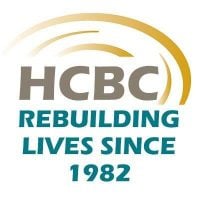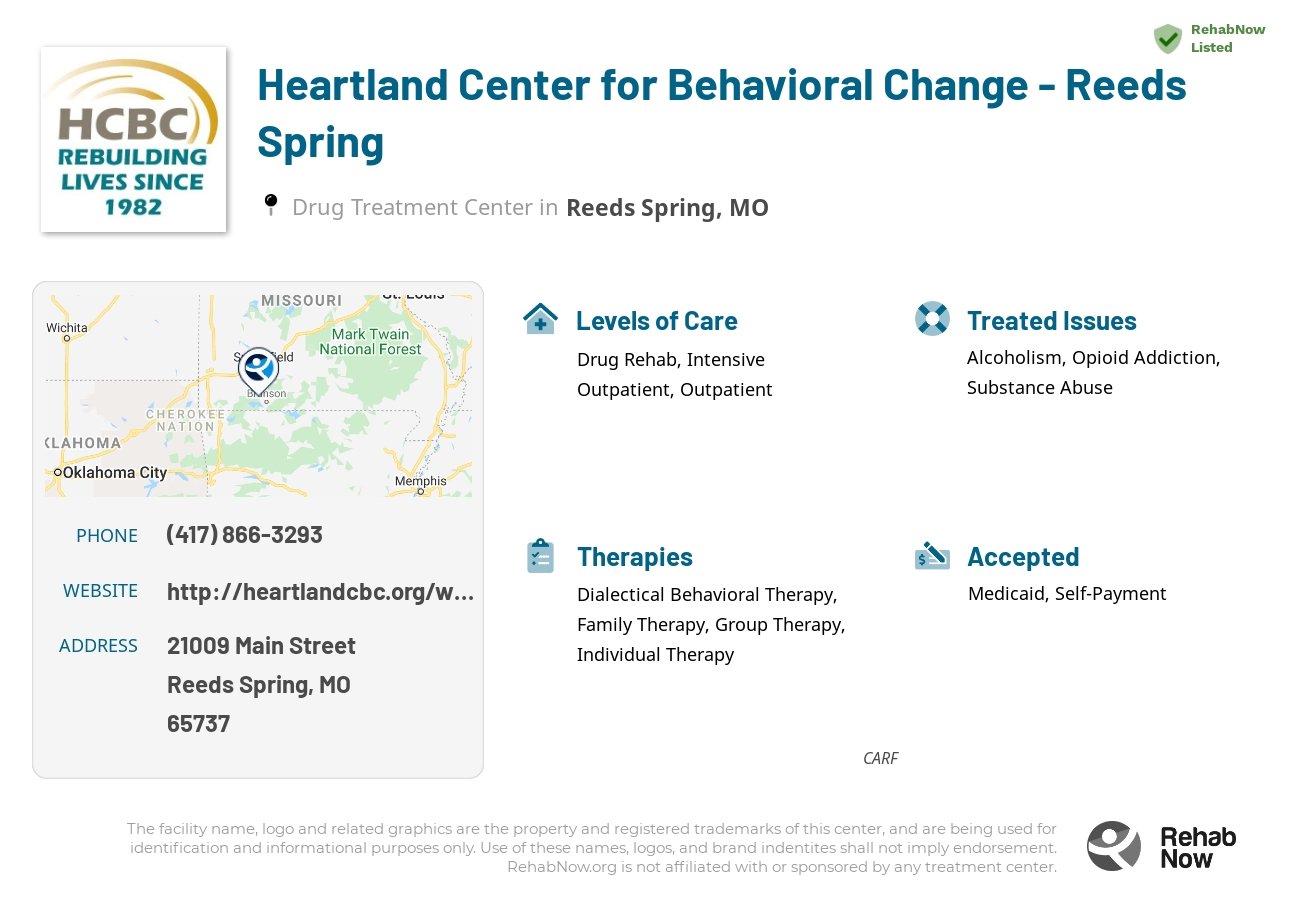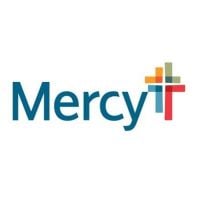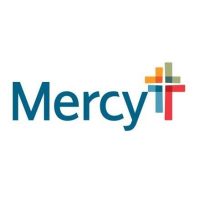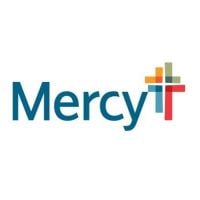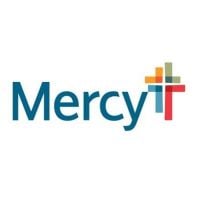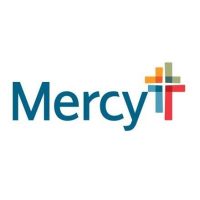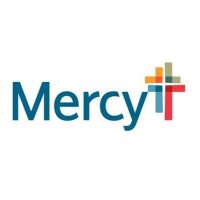Heartland Center for Behavioral Change - Reeds Spring
Drug Rehab Center in Reeds Spring, Missouri
Heartland Center for Behavioral Change - Reeds Spring is a private addiction treatment facility that offers individual and group therapy, medical detox assistance, family education, medication-assisted treatment, and cognitive-behavioral therapies to help individuals struggling with addiction and substance abuse get back on their feet and move towards a healthier, more fulfilling life.
About This Missouri Facility
Heartland Center for Behavioral Change - Reeds Spring, located in Reeds Spring, Missouri, focuses on helping individuals overcome drug and alcohol addictions. This facility stands out for its commitment to providing personalized treatment plans, incorporating evidence-based therapies, and a trauma-informed approach to support recovery and long-term sobriety.
- Offers a blend of individual and group therapy to meet diverse needs and foster a supportive community.
- Utilizes medical detox assistance and medication-assisted treatment to ensure a safe and comfortable recovery process.
- Provides family education programs to involve loved ones in the recovery journey, strengthening familial support systems.
Accredited by the Joint Commission and holding a license from the Missouri Department of Mental Health, Heartland Center for Behavioral Change - Reeds Spring demonstrates a strong commitment to quality and effective treatment services. Their receipt of a National Quality Award from the Joint Commission underscores their excellence in care and dedication to supporting long-term recovery.
The center addresses various substance use disorders and mental health concerns with a range of treatment methods and levels of care, including cognitive-behavioral therapies, residential treatment, and acute hospitalization for young individuals. These programs are designed to offer comprehensive support and care, focusing on trauma-informed treatment and psychiatric care for a smoother recovery process.
Genders
Ages
Modality
Additional
Accreditations

CARF
The Commission on Accreditation of Rehabilitation Facilities (CARF) is a non-profit organization that specifically accredits rehab organizations. Founded in 1966, CARF's, mission is to help service providers like rehab facilities maintain high standards of care.
Conditions and Issues Treated
People who abuse drugs are likely to suffer from an addiction, which can cause serious health problems. When it comes to helping drug abusers get sober, there are many options to choose from. It is essential to state that there is no “”correct”” way of doing things. People are different, and they need different types of help to get over their addiction.
Many people who struggle with opioid addiction need to attend specific programs like methadone , Suboxone or Vivitrol clinics.
These types of programs will provide the patient with legal, prescription medications that can help them overcome their cravings for illegal opioids like heroin or fentanyl . If the patient has a chronic condition like Hepatitis C, they must undergo treatment before they can begin taking these medications.
Levels of Care Offered at Heartland Center for Behavioral Change - Reeds Spring
This center offers a variety of custom treatment tailored to individual recovery. Currently available are Drug Rehab, Intensive Outpatient, Outpatient, with additional therapies available as listed below.
Outpatient addiction treatment is beneficial for people who are able to function well in their day-to-day lives. It is recommended for people who are not yet ready to end their relationships with friends or family members who might be encouraging drug and alcohol use.
Intensive outpatient treatment is beneficial for:
- People who are able to attend treatment more than 3 times per week.
- People who do not meet the criteria for inpatient treatment.
- People who are able to contribute to their own recovery outside of the treatment center.
- People who are motivated towards recovery.
- People who are able to overcome addiction on their own without the need for higher levels of care.
Outpatient treatment programs provide drug and alcohol addiction treatment through individual sessions with a counselor, group therapy, 12-step meetings, and other activities to help individuals gain sober living skills. Most programs are designed for those individuals who have completed a medically supervised detoxification program and provide opportunities for clients to begin the process of early recovery.
Outpatient programs also offer a level of medical support as needed and psychological backing through therapy. Clients are encouraged to live at home, though there may be some flexibility regarding this requirement based on the circumstances and needs of each patient.
Outpatient treatment is perhaps the most common type of dual diagnosis program available. It does not pose a significant financial burden on patients. However, it is essential to note that outpatient treatment does not provide the support and supervision given in residential programs. Some addicts may need this level of support to maintain their sobriety.
Therapies & Programs
Therapy sessions focused on the individual addict can provide much-needed guidance as they work toward overcoming their addiction. These types of sessions typically involve guidance from a therapist, who will help addicts identify and process their feelings and cravings.
During these sessions, addicts may develop plans for coping with the triggers that typically lead to relapse and learn how to avoid those triggers during their recovery process.
The main goal of family therapy for drug addiction is to create an environment where communication can occur without judgment, hostility, or blame that often occurs within a family.
Family therapy is a type of group problem-solving that aims to improve communication and relationships between the patient, their family, and sometimes friends. The therapist is with the family as they learn to communicate with each other differently, especially with the addict when s/he is using.
The family can learn to reduce their enabling behavior or rally together and support each other during tough times. The patient also learns how to deal with their addiction and maintain sobriety while interacting with the family.
Different types of addiction treatment services are available. Within this article, group therapy is of interest due to its high success rate compared to individual therapy. Group therapy settings are beneficial because they allow recovering addicts to build a strong support network.
Benefits of group therapy are:
- Reduces feelings of isolation
- Immediate access to social support in the form of fellow addicts in recovery
- Lowers risk of relapse
- Increases rate of sobriety
- Builds coping skills that can be applied to everyday life
Dialectical Behavior Therapy is a cognitive-behavioral therapy that helps addicts balance their thoughts and emotions to change their behavior. It was designed for those vulnerable to self-harm and suicidal thoughts and aims to help patients understand the connection between their feelings, emotions, and behaviors. It is effective for those whose addictions and behaviors stem from severe mental health issues.
Payment Options Accepted
For specific insurance or payment methods please contact us.
Heartland Center for Behavioral Change Associated Centers
Discover treatment facilities under the same provider.
- Heartland Center for Behavioral Change - McGee Street in Kansas City, MO
- Heartland Center for Behavioral Change - Springfield in Springfield, MO
- Heartland Center for Behavioral Change - Campbell in Kansas City, MO
- Heartland Center for Behavioral Change - Liberty in Liberty, MO
- Heartland Center for Behavioral Change - Independence in Independence, MO
Learn More About Heartland Center for Behavioral Change Centers
Additional Details
Specifics, location, and helpful extra information.
Reeds Spring, Missouri 65737 Phone Number(417) 866-3293 Meta DetailsUpdated April 15, 2024
Staff Verified
Patient Reviews
There are no reviews yet. Be the first one to write one.
Reeds Spring, Missouri Addiction Information
Opioid-related overdoses in Missouri have been increasing steadily for the past three decades. In 2018, more than 1,130 people in Missouri died from opioid abuse. Methamphetamines and marijuana abuse have surpassed opioid abuse in Missouri. Missouri is the number 1 methamphetamine manufacturer in the country with more than 27 meth labs per 100,000 people.
The town of Reeds Spring has seen an increase in the number of people using and abusing drugs. Most commonly abused drugs in Reeds Spring include alcohol, marijuana, meth, heroin, and prescription drugs. Alcohol abuse is responsible for more than 50% of all substance abuse problems in the town. 25% of accidental deaths are due to alcohol abuse. Some centers there offer treatment programs such as detoxification and residential programs.
Treatment in Nearby Cities
- Lebanon, MO (76.6 mi.)
- Cuba, MO (142.5 mi.)
- New Madrid, MO (214.2 mi.)
- Cardwell, MO (178.5 mi.)
- Kirksville, MO (243.3 mi.)
Centers near Heartland Center for Behavioral Change - Reeds Spring
The facility name, logo and brand are the property and registered trademarks of Heartland Center for Behavioral Change - Reeds Spring, and are being used for identification and informational purposes only. Use of these names, logos and brands shall not imply endorsement. RehabNow.org is not affiliated with or sponsored by Heartland Center for Behavioral Change - Reeds Spring.
